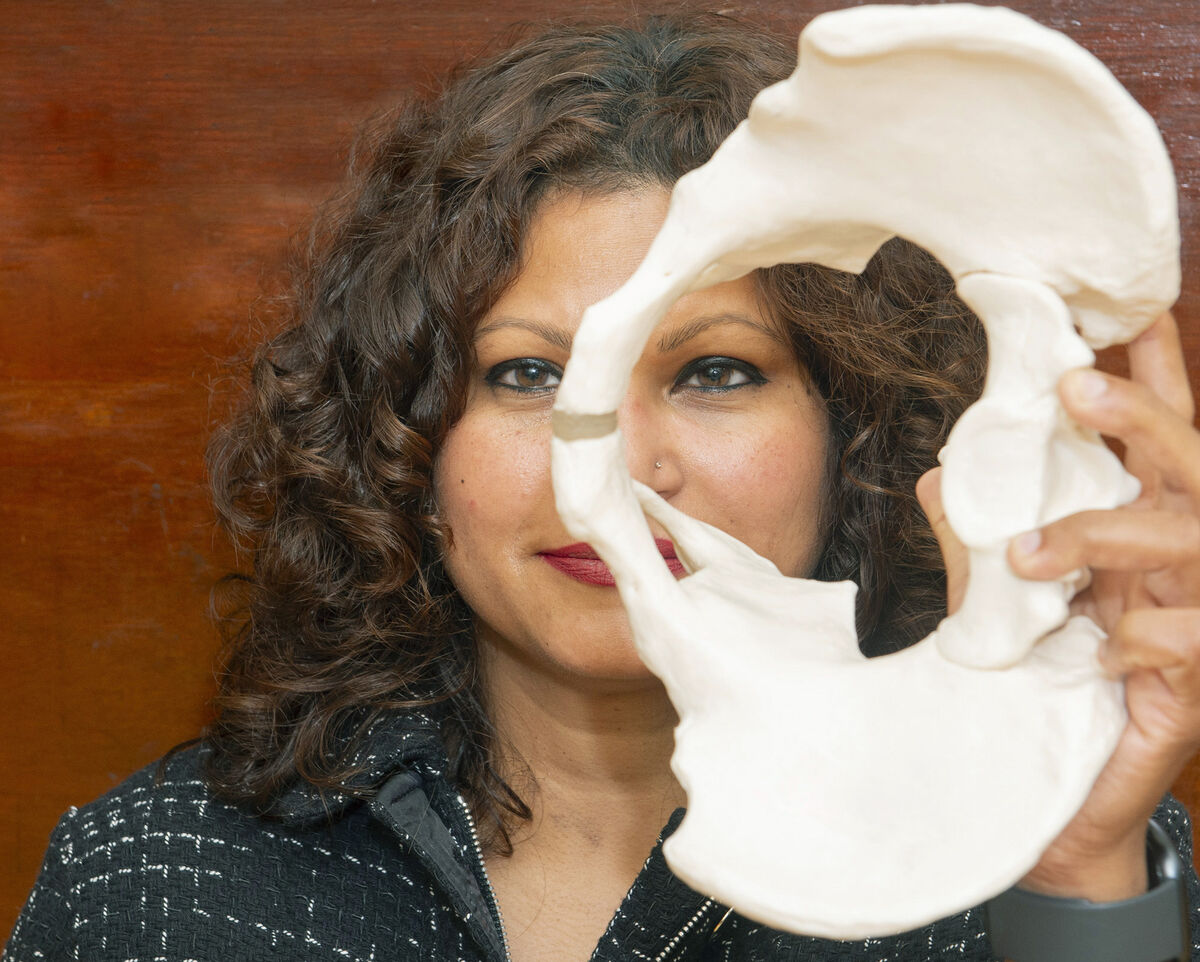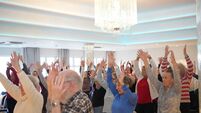Cork gears up to host National Menopause Summit

Launching the National Menopause Summit in Cork were Shalini Wiseman, chartered physiotherapist in pelvic health and continence, Dr Brenda Moran joint lead of the Complex Menopause Clinic Cork University Maternity Hospital CUMH, accredited menopause specialist and portfolio GP with a special interest in women's health and sexual health, Dr Máire Finn, GP, educator and broadcaster in partnership with Irish Life Health the Official Health Insurance Partner of the National Menopause Summit, Siobhán O’Donovan chartered physiotherapist, creator and founder PostureFitting Physiotherapy Service, Samantha Cushen lecturer in human nutrition and dietetics at University College Cork and Shantie Tedjal-Carroll menopause mentor, yoga teacher, advocate for women’s wellness and co-founder of the Cork Menopause Support Group. Picture: Gerard McCarthy








 App?
App?


